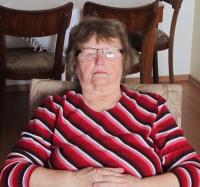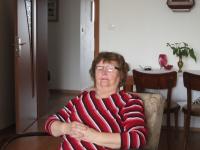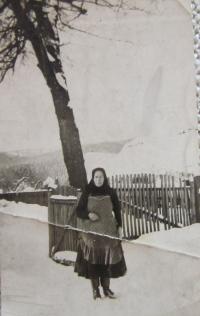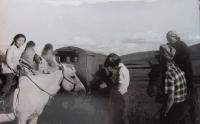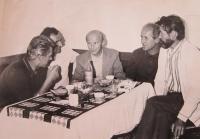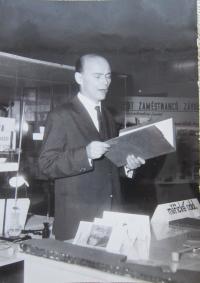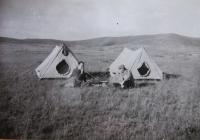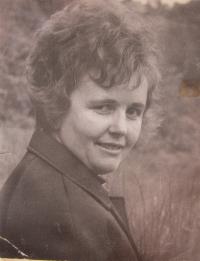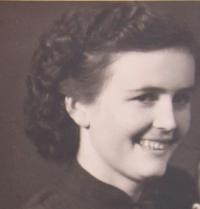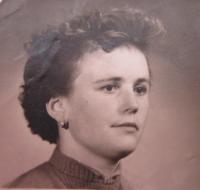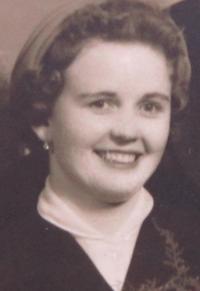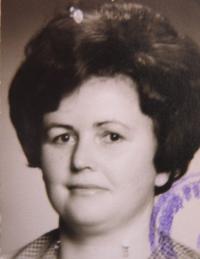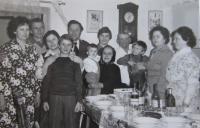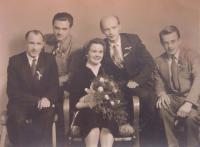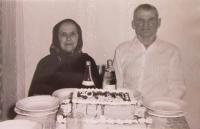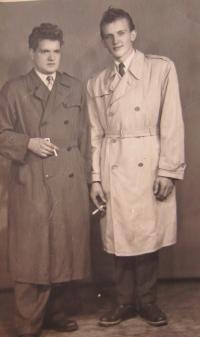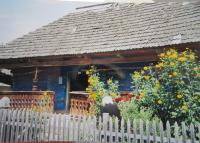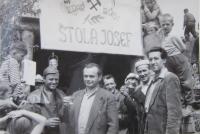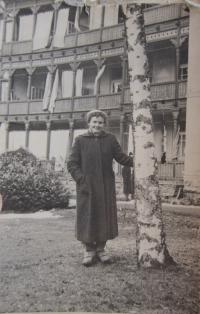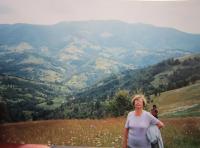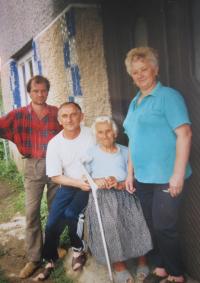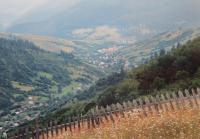UNNRA saved my life
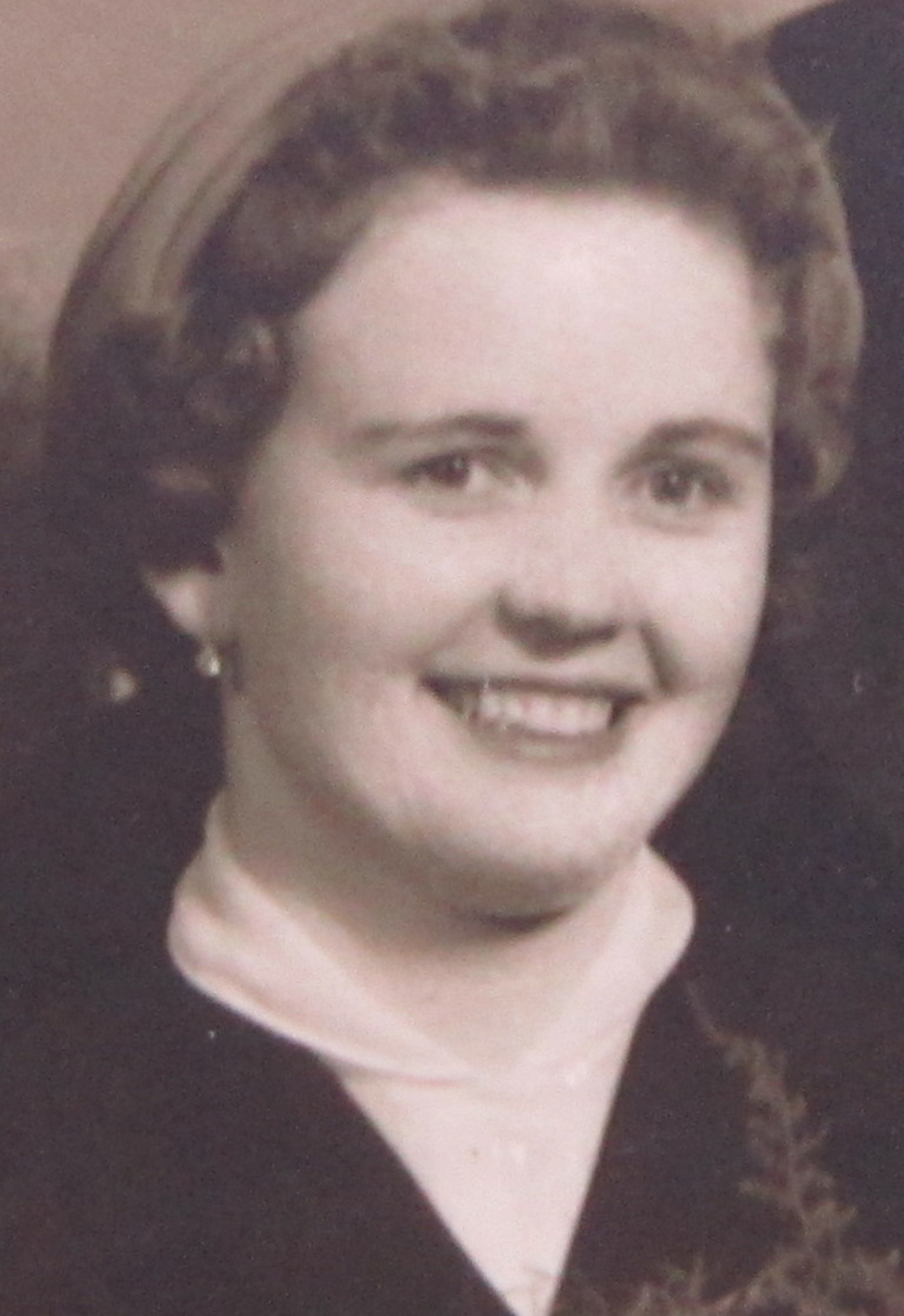
Download image
Mária Hejdová, née Maliňáková, was born in 1934 in the village of Ulič in Sub Carpathian Ruthenia, which was then part of Czechoslovakia. Today, Ulič is located in the easternmost valley of Slovakia. Like the vast majority of the inhabitants, the family of Mária Hejdová was of Ruthenian origin. Her father was one of the leaders of the local resistance movement and after he had escaped from prison, he lived for several months in the woods with the partisans. Her native village was located next to the Arpad line that was built to fend off the Soviet army during WWII. Therefore, Hungarian and German troops were stationed in the village for several months during the war and the local people had to supply them with food. Many inhabitants of the village subsequently died as a result of malnutrition and disease. After the Soviet Armies broke through the Arpad line, the village was terrorized by various armed gangs that harassed and killed the local inhabitants and especially the local Jews, who had only just returned from the concentration camps. As Marie Hejdová says, her life was saved by the UNNRA that evacuated her from this dangerous region in 1947 and took her to Bohemia together with 89 other malnourished and often sick children. Mrs. Hejdová then lived for four years with the Macurovi spouses in Pacov, before returning to Slovakia. In 1957, she went to Rýmařov, where she married Antonín Hejda, who bought a license for the production of prefabricated wooden houses Okál in Western Germany and set up a factory for their production in Rýmařov. In the beginning of the period of the so-called “Normalization”, he was fired for this. Today Mária Hejdová lives in her apartment in Olomouc. Just recently, fraudsters tried to steal her apartment from her and they left Mária Hejdová with a debt amounting to 500.000 CZK.
